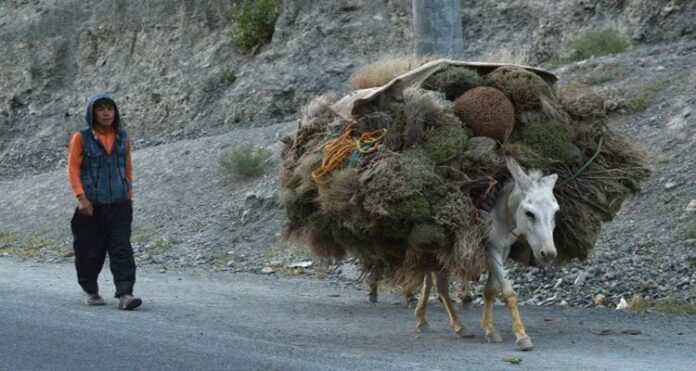| Translate This News In |
|---|
The United Nations Development Programme (UNDP) and the World Bank have signed a USD 20 million partnership agreement to support humanitarian, economic, and social progress initiatives in Afghanistan’s eight regions and 34 provinces. According to a UNDP statement, the new partnership will provide NGO/CSOs with tailored capacity building inside of their work environment and support their Quick Impact Projects (QIPs).
“Given UNDP’s decades of experience and knowledge in supporting economic revival and fragile communities,” the UNDP said, “the agency will select 400 NGOs and CSOs based on its ability for rapid outreach, engagement, and project design.”
The QIPs will aim to improve access to health, education, agriculture and food security, and income-generating activities for vulnerable and marginalised communities, including people with disabilities.
Due to the country’s prolonged conflict, NGOs and CSOs have played a critical role in the delivery of humanitarian and development services in hard-to-reach areas of Afghanistan.
However, since the abrupt political changes in August 2021 and the successive departure of big donors, the NGO/CSOs’ financial and operational given portfolio have deteriorated.
“We thank the World Bank for demonstrating solidarity and support to NGOs and CSOs in Afghanistan and assisting them in growing at a time when they are most needed,” said UNDP Deputy Resident Representative Surayo Buzurukova. “This project also highlights UNDP’s primary focus in strengthening partnerships on the ground, which is critical in assisting us in responding quickly and flexibly to the community.”
This is the most recent project approved under the World Bank’s Approach 2.0, an expanded approach to assisting Afghans based on the requests of Afghanistan Reconstruction Trust Fund (ARTF) donors as well as the international community.
According to UNDP, the approach will guide the distribution of over USD 1 billion in ARTF funds to chosen United Nations agencies and international NGOs in the form of recipient-executed grants.
The initiative is also a component of the UNDP-led Region Approach for Development Emergency Initiative (ABADEI), which aims to strengthen community resilience through area-based integrated programming.
In times of crisis, the method strives to preserve essential services and identify basic human needs for the people of Afghanistan by bringing together UN agencies and non-governmental organisations to provide community-level remedies that complement urgent humanitarian interventions.
In light of this, the Taliban-led govt in Afghanistan has continuously urged that aid be distributed in collaboration with government offices, according to TOLOnews.
“It is essential that employment opportunities be provided through this support until they (people) can earn their own living,” said economist Shaker Yaqoobi.


















